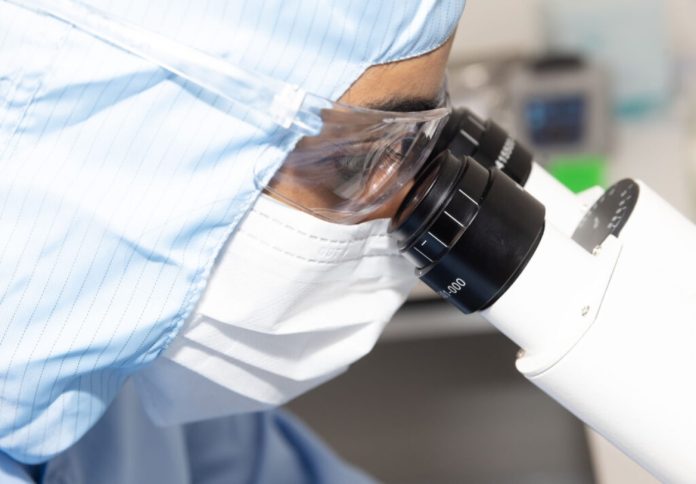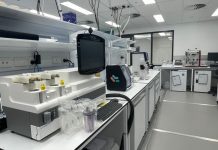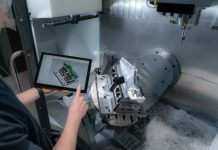
Melbourne-based biotechnology company Magellan Stem Cells has secured a manufacturing licence from the Therapeutic Goods Administration (TGA), a move expected to reduce Australia’s reliance on overseas bio-tech manufacturers and bolster local research into stem cell therapies.
Magellan Stem Cells Chief Medical Officer, Associate Professor Julien Freitag, said the licence positions the company among a small number of firms in Australasia with regulatory approval to manufacture stem cells.
“The licence from the federal regulator places Magellan as one of the few biotechnology companies in Australasia with licenced stem-cell manufacturing capability,” he said.
The company is currently the only facility in the region producing mesenchymal stem cells for late-stage human research, as revealed in a news release.
These multipotent cells can differentiate into bone, cartilage and muscle tissues and are considered a promising avenue for the treatment of musculoskeletal conditions such as osteoarthritis.
“The TGA licence is crucial for Magellan’s plans to continue our pivotal research into stem cells and their use for the treatment of osteoarthritis and other debilitating musculoskeletal conditions,” Associate Professor Freitag said.
“Magellan’s cell therapy manufacturing capability will give Australian patients access to innovative clinical trials and expedite access to life-changing therapies.”
The new manufacturing facility in Braeside, in Melbourne’s southeast, is part of Magellan’s broader efforts to improve Australia’s advanced manufacturing capabilities and contribute to the local medical science industry.
“The cell and gene therapy manufacturing market is estimated to be worth more than US$15 billion annually, with an annual growth of 20 per cent. This is despite internationally there being a 500 per cent shortfall in manufacturing capability against demand,” Associate Professor Freitag said.
He added that Magellan’s licenced facility is now well-positioned to support global clinical research demand, with the potential to strengthen both Australia’s healthcare system and its economic standing.
The TGA licence follows the Federal Government’s $7 million Medical Research Future Fund grant awarded to Magellan in 2023. The funding supports late-stage clinical research of MAG200, the company’s proprietary donor stem cell product aimed at treating osteoarthritis.
“Magellan has pursued a structured research and development pathway over the past 15 years and established expertise in the manufacturing of mesenchymal stem cells for clinical applications including osteoarthritis,” Associate Professor Freitag said.
Magellan’s recent Phase I/IIa trials of MAG200, published in Osteoarthritis and Cartilage Open, showed promising results, paving the way for further clinical research into the treatment’s efficacy and safety.
The company is now planning additional studies that could contribute significantly to addressing unmet clinical needs in osteoarthritis.




















